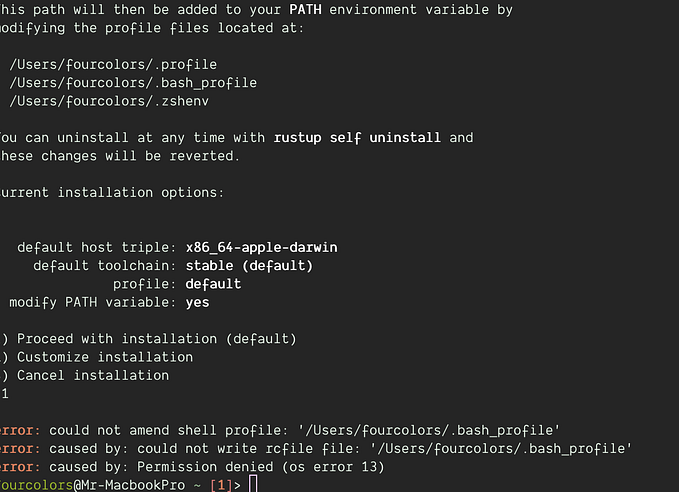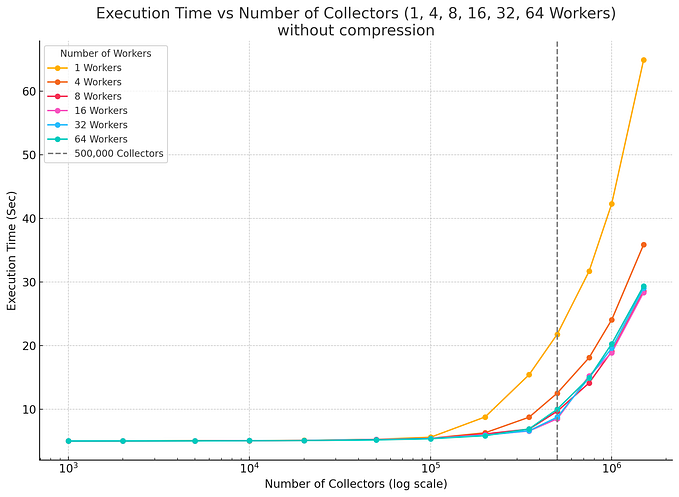Member-only story
Advanced Macro Usage in Rust
Multiple Examples and Best Practices
Macros in Rust are a powerful tool that allow developers to write code that generates other code at compile time. They can be used to abstract away repetitive or boilerplate code, as well as to create custom language constructs. This article will cover advanced macro usage in Rust, including examples and best practices.
Examples
One common use case for macros is to create custom assert_* functions for unit testing. For example, the following macro creates an assert_approx_eq function that compares two floating point numbers for approximate equality:
#[macro_export]
macro_rules! assert_approx_eq {
($x:expr, $y:expr, $eps:expr) => {
let x = $x;
let y = $y;
let eps = $eps;
let diff = (x - y).abs();
if diff > eps {
panic!("assertion failed: `(left !== right)` (left: `{:?}`, right: `{:?}`, eps: `{:?}`, diff: `{:?}`)", x, y, eps, diff);
}
};
}This macro can then be used in unit tests as follows:
#[test]
fn test_approx_eq() {
assert_approx_eq!(1.0, 1.001, 0.01);
}Another use case for macros is to define custom datatypes with associated functions. For example, the following macro defines a vector type with an add function:
macro_rules! vector {
($($x:expr),*) => {
{
let mut temp_vec = Vec::new();
$(
temp_vec.push($x);
)*
temp_vec
}
};
}
#[macro_export]
macro_rules! add {
($x:expr, $y:expr) => {
{
let mut result = Vec::new();
let x_len = $x.len();
let y_len = $y.len();
if x_len != y_len {
panic!("Vectors have different lengths");
}
for i in 0..x_len {
result.push($x[i] + $y[i]);
}
result
}
};
}These macros can then be used as follows:
let v1 = vector![1, 2, 3];
let v2 = vector![4, 5, 6];
let v3 = add!(v1, v2);
// v3 is now [5, 7, 9]Best Practices
When using macros in Rust, it is important to follow some best practices to ensure code clarity and maintainability.
First, try to use macros only when necessary. While they can be a useful tool for code generation…








